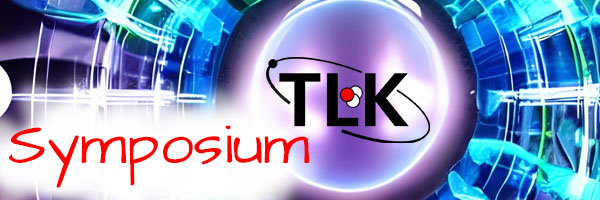Speaker
Description
Tritium permeation from Breeding Blanket (BB) towards Primary Heat Transfer System (PHTS) is an issue for operation of DEMO machine since, once permeated into PHTS, tritium can migrate to working areas and environment via permeation and leaks. In order to control radioactive release two strategies was individuated to keep tritium concentration within primary coolant below fixed limits: the use of anti-permeation barriers and/or the adoption of the Coolant Purification System (CPS).
Nowadays, two BB concepts are under investigation for DEMO, namely the Helium-Cooled Pebble Bed (HCPB) and Water-Cooled Lithium Lead (WCLL). The first one relies on helium as heat transport media whereas the latter involves water as primary coolant. Depending on the coolant medium, the proper technology must be selected to fulfill the CPS objective. For the HCPB case, the reference configuration relies on copper oxide (CuO) beds, to oxidize all the hydrogen isotopes present in the helium coolant, and Zeolite Molecular Sieve (ZMS) beds for the adsorption of tritiated water formed in the CuO beds. For the WCLL BB concept, Water Distillation (WD) is the most promising technology, due to its simplicity and intrinsic safety.
The present work deals with the presentation of the ongoing design and optimization activity for both the CPS technologies. Regarding the helium CPS, emphasis is posed on the experimental activity programmed for the near future, whereas for the water CPS the main assumption and an optimization procedure to reduce energy consumption are presented.

